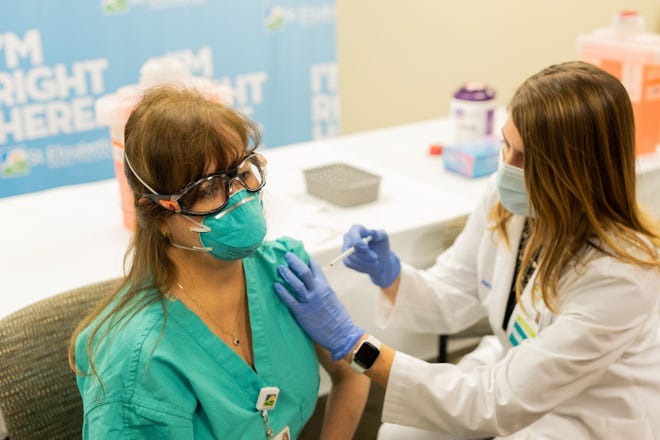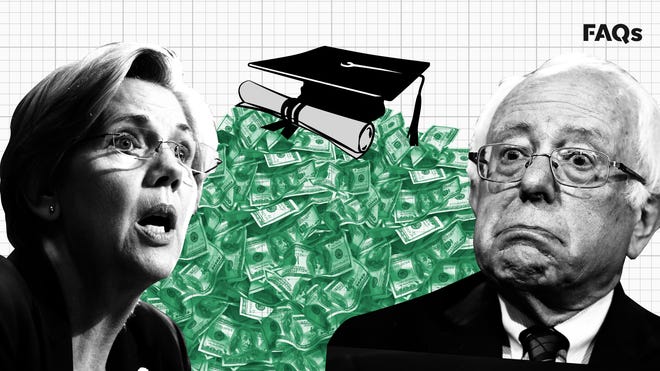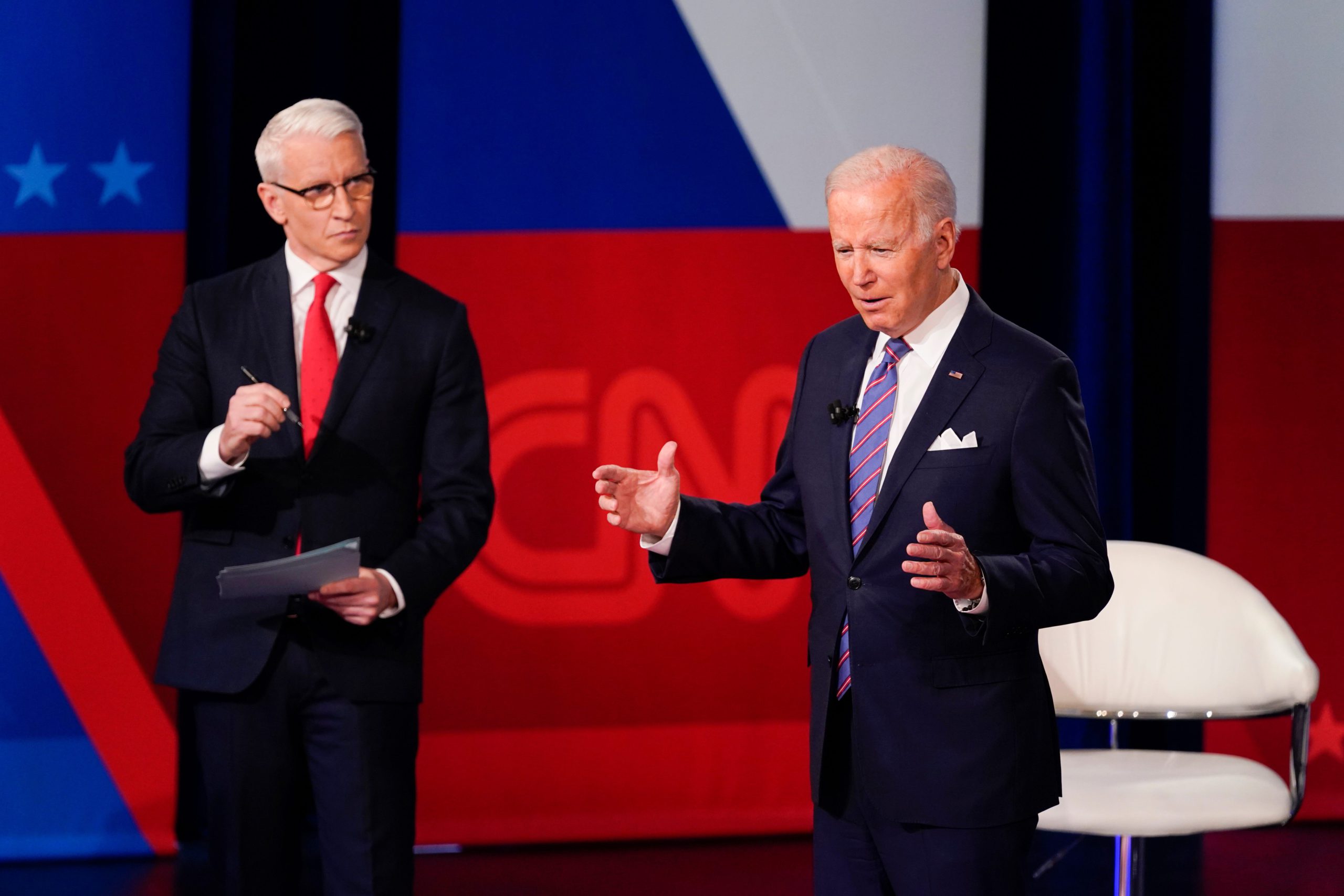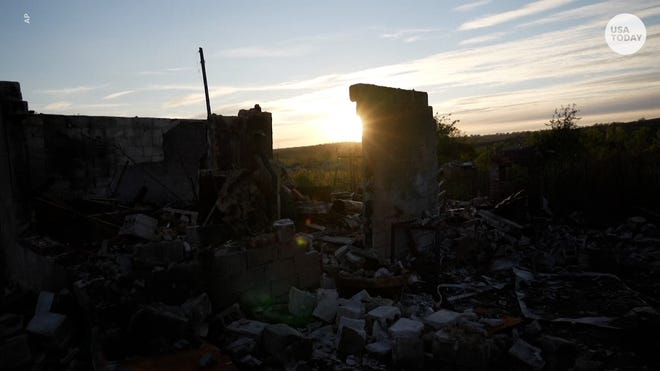

The deadline was to be Oct. 1 for tens of thousands of Cincinnati-area hospital employees and volunteers to be vaccinated against COVID-19. But exactly how many workers have been vaccinated isn't clear. Nor are hospital officials saying how many workers have quit rather than accepting the hospital systems' mandate.
The region's six hospital systems declared publicly Aug. 5 that they would require COVID-19 inoculations and encouraged other businesses in the Cincinnati area to do the same. Of the six, UC Health, Christ Hospital, Cincinnati Children's Hospital Medical Center and St. Elizabeth Healthcare initially set the deadline for their employees' vaccinations as Oct. 1.
Those same hospitals' officials said last week they could only offer limited details about outcomes. They also did not fulfill The Enquirer's requests for information on the number of employees who complied with the mandate, were offered exemptions or quit due to the requirement.
"Since the vaccine requirement is not yet in place, and the number is constantly changing, we are not yet able to provide that information," Christ Hospital spokesperson Jenny Collopy said.
Hospital officials said it's too soon to know the full results of the mandates. Some noted they have extended vaccination deadlines for their employees.
Cincinnati Children's Hospital Medical Center adjusted its deadline for its 16,500 employees, changing to Nov. 1 the date by which they must submit verification of having completed vaccination.
Thousands of Cincinnati Children's employees have submitted vaccination records since the Aug. 5 mandate was announced, the medical center said in a statement. The records had to be entered manually, which created a backlog, officials said, adding, "While we have largely caught up on this data entry, hundreds of records continue to be submitted by employees, which has delayed up-to-date reporting."

the FDA's full approval of the Pfizer vaccine and the federal requirement for healthcare workers to be vaccinated were, hospital officials said, "influential events for some Cincinnati Children’s employees who were initially hesitant but have since received first doses." The vaccine mandate remains a condition of employment.
St. Elizabeth Healthcare employees who didn't qualify for exemptions from the hospital system's vaccine requirement were given an extension, too. Their first vaccine dose was required by Oct. 1, and a second (for those who chose Pfizer/BioNTech or Moderna vaccines) must be complete by Nov 1, officials said.
"Associates who applied for a legitimate medical or religious exemption and the request was denied have a one-month grace period to complete a two-dose vaccine process or receive Johnson & Johnson," said spokesperson Guy Karrick.
Those who qualify for the extension are expected to continue St. Elizabeth's COVID-19 policies: routine weekly testing, monitoring for symptoms on an ongoing basis, masking and complying with any request for random COVID-19 testing to ensure the risk of spread is minimized, Karrick said.
Like other hospital systems, St. Elizabeth did not release the total number of exemptions granted as of Oct. 1. But as of Sept. 13, St. Elizabeth granted 85 requests for either medical exemption or postponement of the vaccine, according to court documents the hospital systems' lawyers filed in response to a challenge to the mandate in federal court. Many of the postponements were due to pregnancy, these records show.
What is unclear is how many, or whether any, hospital employees in the region have resigned or were terminated because of the hospitals' vaccine policies.
At St. Elizabeth, employees were informed they may be able to come back to work if they resign or are fired for failing to fulfill the vaccine requirement.
"Associates who resign or are terminated will be eligible for re-hire if they demonstrate compliance with all employment requirements," Karrick said.

The hospitals and other employers have faced backlash in many forms since announcing their vaccine requirements, including through protests – one of which threatened to shut down local highways last week, although the shutdown didn't materialize – and legal action. Local courts have upheld the hospital systems' vaccine requirements every time, so far.
"Realizing that we are in an unprecedented situation, we rely on science to help us make the best decisions possible in order to keep our employees, clinicians and patients safe," UC Health spokesperson Amanda Nageleisen said, adding that the hospital requires vaccination for other communicable diseases, too. "Science has demonstrated that COVID-19 vaccinations have proven to be safe and effective. Overwhelmingly, they protect people from hospitalization, ICU-level care and death.
"As the region’s adult academic health system, it is our privilege to care for some of the most critically ill patients in our community and it is our responsibility to do all that we can to do so in a safe environment."
None of the systems reached by The Enquirer provided internal documents showing the language of their policies, including exemptions.
Hospital system officials said their primary concern is for patients' and employees' safety.
"Many of the patients that Cincinnati Children’s cares for are too young to be eligible for vaccination at this time," the medical center's public statement says, "so the medical center is committed to doing all we can to help reduce virus transmission and significant illness related to COVID.
"Safety is our foundational responsibility," Cincinnati Children's officials said. "We believe the best way to keep our patients, families, and employees safe amid the pandemic is through vaccination and by following precautions such as masking, distancing, hand hygiene and self-screening."
Source link









